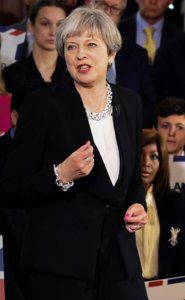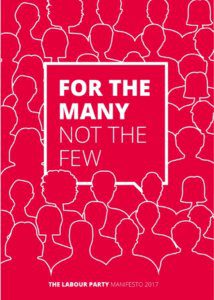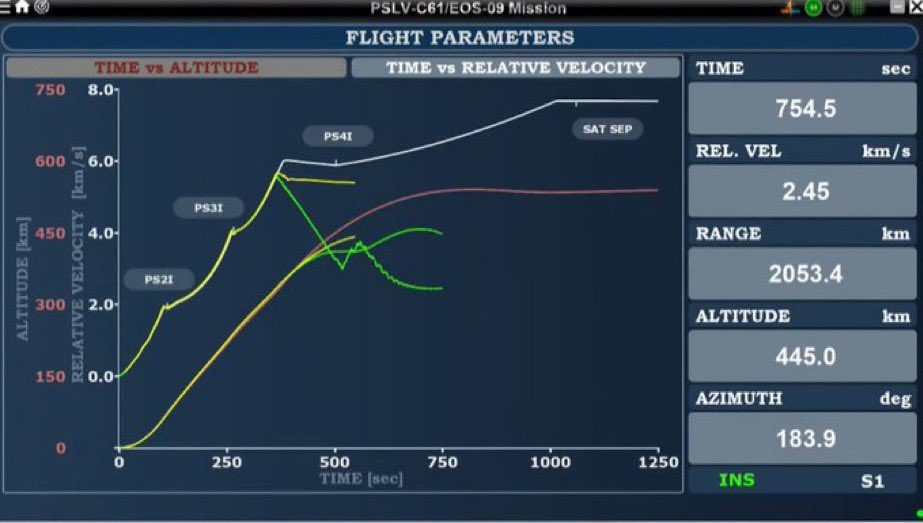The result of the UK General Election has resulted in no party having a technical majority. However, the Conservative Party (Tories) remains the largest party and will still have enough votes with the aid of the Northern Irish Democratic Unionist block of MPs to carry on in power. Nevertheless the General Election was a set back for Prime Minister Theresa May who previously had a 20 percentage point lead and a small parliamentary majority at the start of the campaign – both now lost in this election.
While Theresa May has since been criticised for doing for going to the polls when she did, it was not this that she got wrong. Actually the fault lay in her and her advisers’ (who have now resigned) faulty manifesto, including the poorly conceived “dementia tax” and its badly handled U-turn with its failure to define a cap amount. This, and her poor overall campaign which failed to mention the Conservatives’ relatively good stewardship of the economy, resulted in May frittering away her poll lead as the campaign went on.
Likewise, while the Conservatives have always been regarded as less sound on the NHS and social care, and called the “nasty party” (May’s own words) over its benefit reductions to the poor and disabled (the “Room Tax” comes to mind), May’s own record on cutting police numbers and her attempts at reducing civil liberties as Home Secretary also left her open to effective attack in areas of traditional Tory superiority.
Others have noted the vigour and professionalism (Diane Abbott’s errors aside) with which the Labour Party, conducted its own campaign. Especial praise went to the manifesto drafted by Labour leader Jeremy Corbyn and his shadow chancellor John McDonnell. It had many popular policies with full costings. And while their “tax the rich” revenue forecasts were a little fanciful and optimistic for most experts, at least they were there (unlike in the Tory Manifesto).
Corbyn also beat May on his relaxed attitude and his willingness to engage with the British public in an open way. May, only appeared in front of her loyal supporters, often with a stilted and repetitive performance. She also drew criticism for sending her (admittedly effective) understudy, Amber Rudd, to stand in for her on a televised leaders’ debate. In effect Theresa May broke the most important rule of holding a job down: turn up.
As a result of her electoral failure, Theresa May has become a much diminished leader and there is growing pressure for May to stand aside to let others lead country into the Brexit negotiations. May has so far refused to do so.
Jeremy Corbyn did not, of course, win. However, he and his Labour Party managed a good second place – with a little help of gains in Scotland due to the unpopularity of the Scottish National Party as well as from some anti-Tory tactical voting by normally UKIP, Lib Dem and Green supporters. Their performance in gaining seats was however enough to claim success.
Labour Party managed to catch the wave of growing disenchantment with the established way of thinking which even Theresa May sensed as she tried to move at least some Conservative policies leftwards. This change of mood was especially true amongst the young. For it was the large turnout of the young electorate which allowed Corbyn to do so well as they voted against the Tories’ University Tuition fees, and for more housing and to support Education system and the NHS. They also came out to vote after learning from their own mistake in not voting in the Brexit referendum with many of them disappointed at its subsequent “leave” result.
Comment by David Todd: With Brexit negotiations about to start, UK industry – including its space industry – wants a good deal from them. And it needs an “strong and stable” leader (May’s own words) to do achieve this. It will be up to others to decide whether May is the right choice for this role.
So what does all this mean for space? Well there will be no immediate change in space policy – albeit that there may now by trouble getting major infrastructure projects through parliament given that it will be a minority government with unpopular decisions becoming susceptible to blocking by rebels. This will mainly affect airport runway projects and road-building but could theoretically could also affect spaceport plans.
While the UK space community grudgingly accepts the result of the Brexit referendum, it would like “as soft a Brexit” as possible. Of most concern to the UK’s space industry is that it wants freedom of movement for highly skilled European staff. It needs these skills at least for the short to medium term until the UK can train enough new engineers to take their place. This high skills immigration will be the subject of the Brexit talks. Some UK industry space projects are currently dependent on EU money. Whether a weak minority government will be able to commit replacement funding, remains to be seen.
Post Script: So your correspondent’s 33-1 tip on the number of Labour seats came off. However his horse racing/sports gambling performance still leaves him behind on the year. Perhaps he should stick to political bets.
And another thing…The BBC won the election television coverage stakes – mainly because of its excellent polling experts (“psephologists”) Peter Kellner and Prof John Curtiss. Nevertheless there are improvements to be made ahead of the next election which, given this one’s result, is now likely to come around sooner than previously expected. Broadcasting old-stager David Dimbleby is a tad tired and irascible to be the BBC’s election anchor man anymore (use him as an expert in election broadcasting instead). Worse of all though was the design of BBC’s computerised “swingometer” showing the vote swing between the two major parties in each constituency. It was bizarrely counter-intuitive and needs to be redesigned.









